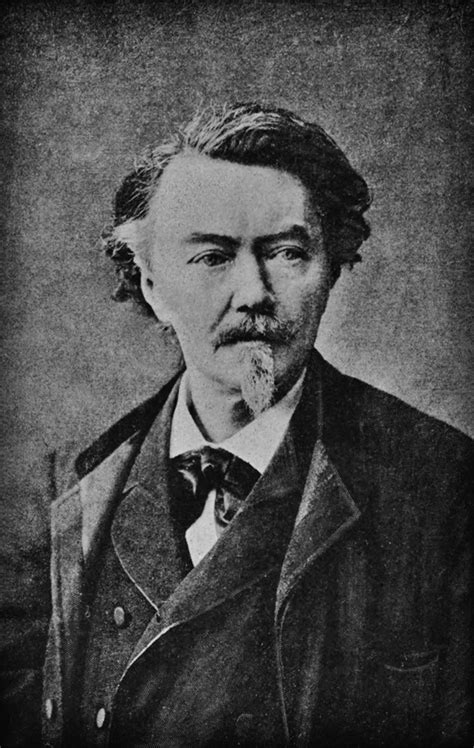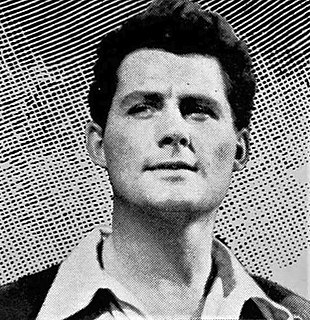A Quote by Herbert Butterfield
Of all the intellectual hurdles which the human mind has confronted and has overcome in the last fifteen hundred years the one which seems to me to have been the most amazing in character and the most stupendous in the scope of its consequences is the one relating to the problem of motion.
Related Quotes
A good author, and one who writes carefully, often discovers that the expression of which he has been in search without being able to discover it, and which he has at last found, is that which was the most simple, the most natural, and which seems as if it ought to have presented itself at once, without effort, to the mind.
Architecture is, to a certain extent, a sensual gratification. It addresses itself to the eye, and affords the best scope for the parade of barbaric pomp and splendour. It is the form in which the revenues of a semi-civilized people are most likely to be lavished. The most gaudy and ostentatious specimens of it, and sometimes the most stupendous, have been reared by such hands. It is one of the first steps in the great march of civilization.
The industrial revolution fueled all of humanity, everything we do has been exploding ever since. It's been the biggest most impacting thing, not only for human beings in the last 250 million years, but also the planet, which caused the ice age, which buried the forest. It's this circle because of the industrial revolution, it's neither good or bad, it enabled all of modernization, extended our life, it changed everything. It's the most impactful thing that happened to the planet and the people.
We have entered a new phase of culture - we may call it the Age of the Cinema - in which the most amazing perfection of scientific technique is being devoted to purely ephemeral objects, without any consideration of their ultimate justification. It seems as though a new society was arising which will acknowledge no hierarchy of values, no intellectual authority, and no social or religious tradition, but which will live for the moment in a chaos of pure sensation.
Like every other creature on the face of the earth, Godfrey was, by birthright, a stupendous badass, albeit in the somewhat narrow technical sense that he could trace his ancestry back up a long line of slightly less highly evolved stupendous badasses to that first self-replicating gizmo---which, given the number and variety of its descendants, might justifiably be described as the most stupendous badass of all time. Everyone and everything that wasn't a stupendous badass was dead.
It seems to me that the idea of a personal God is an anthropological concept which I cannot take seriously. I feel also not able to imagine some will or goal outside the human sphere. My views are near those of Spinoza: admiration for the beauty of and belief in the logical simplicity of the order which we can grasp humbly and only imperfectly. I believe that we have to content ourselves with our imperfect knowledge and understanding and treat values and moral obligations as a purely human problem-the most important of all human problems.
The arts are not simply skills: their concern is the intellectual, ethical, and spiritual maturity of human life. And in a time when religious and political institutions are so busy engraving images of marketable gods and candidates that they lose their vision of human dignity, the arts have become the custodians of those values which most worthily difine humanity, which most sensitively define Divinity.
Even those who specialize in the history of philosophy often ignore the political and cultural context, and the natural world in which their philosophers were philosophizing. This has consequences both trivial and important. If you systematically read the last fifty years of the major journals in our discipline you would be amazed at the amount of redundancy. Most of this is unacknowledged because most of us know so little about the history of our discipline and even the subfields in which we work.
I started by saying that one of the most fateful errors of our age is the belief that the problem of production has been solved. This illusion, I suggested, is mainly due to our inability to recognize that the modern industrial system, with all its intellectual sophistication, consumes the very basis on which is has been erected. To use the language of the economist, it lives on irreplaceable capital which it cheerfully treats as income.

































